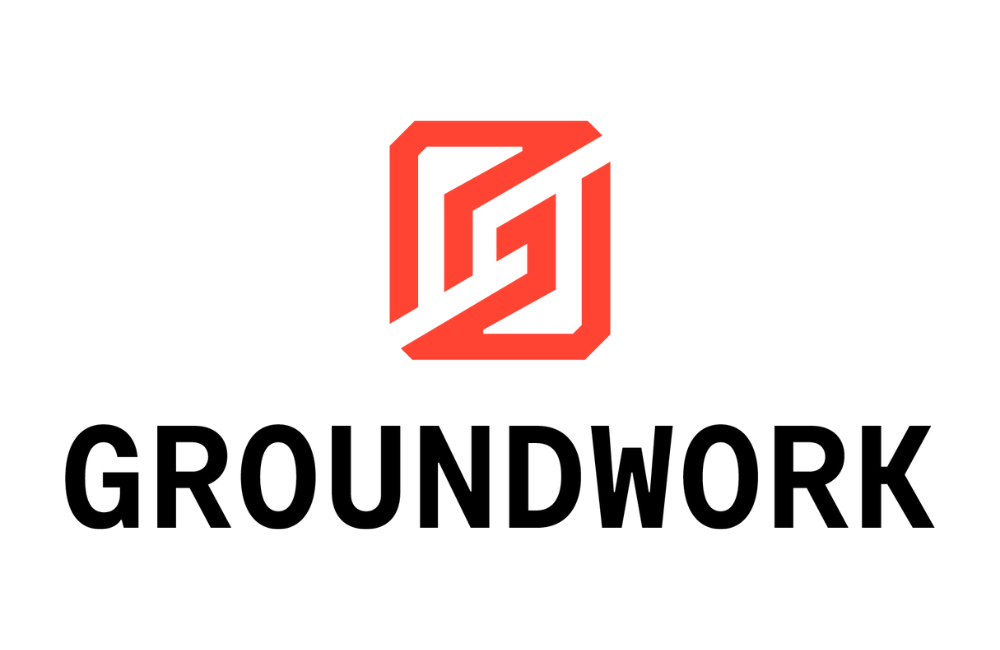PCA Articles

Watch Out In-Home Sales, Virtual Sales is Taking Over
Things have changed a lot since 2020. With the increasing number of consumers embracing the digital age, companies must adapt their sales strategies accordingly. This shift is crucial to stay competitive and effectively connect with homeowners. I’ve spent several years studying how home improvement contractors sell their services in light of notable shifts in consumer buying trends. In this article, I’ll share what I’ve learned and provide several ideas on how you can modernize your sales process.
Trends to Keep and Eye On
We see three trends that indicate the end is near for the traditional sales process.
- E-commerce Changed How People Buy:The introduction of Amazon, Carvana, and other e-commerce giants, developed a digital buying experience that customers across the globe are accustomed to. The COVID-19 pandemic sped up the e-commerce shift.
- Consumers Use Technology Every Day:As baby boomers retire, younger consumers have become accustomed to the convenience of shopping from the comfort of their own homes at their own pace. Nowadays, there is hardly any reluctance towards online purchases – just take a look at Carvana and Carmax. People are now willing to make a $30,000 purchase without the need for human interaction or test driving the vehicle.
- Supply & Demand (You Need to be Efficient):During the pandemic, the home improvement market experienced a significant surge, leading to a shortage of supply to meet the demand. Contractors found themselves overwhelmed with an abundance of leads, struggling to differentiate between the valuable ones. Meanwhile, homeowners were in dire need of a trustworthy company to assist them with their projects. Virtual sales emerged as a solution, effectively addressing these challenges for both parties involved.
Despite slightly tempered demand for home improvement projects post-pandemic, an efficient sales process helps address ongoing labor shortages and employee turnover challenges most contractors experience.
What is Virtual Sales?
Virtual sales is using digital tools and resources including video collaboration, messaging, and remote measurement tools to conduct a sales process. For some painters, this means pre-qualifying leads using virtual tools to ensure they’re only driving to the best potential clients for their business. For others, it means gathering all the information needed to quote a customer virtually and only stepping on the project side to complete the project.
Breakthrough Academy released a Contractor Revolution podcast called “How to get $6.6M of sales out of one salesperson” that focuses on the power of virtual sales. If you’re looking to learn more, we recommend watching it here.
While the contractor interviewed in that podcast episode is a roofing contractor, the systems and processes discussed provide an outline for many different types of contractors. It’s also important to remember that we are early in the history of virtual sales.
The Difference Between Virtual Sales & Virtual Estimating
It is important to emphasize that virtual sales should not be confused with virtual estimating. We do not recommend all contractors completely abandoning in-home sales to estimate virtually.
In our experience, virtual estimating is not suitable for every business. We often even advise against it unless you have complete confidence in your abilities to estimate using video or other virtual tools. One of our customers at Groundwork, estimates cabinet refinishing jobs 100% virtually. He’s very successful because he understands the potential challenges, prices the jobs appropriately, and understands that a small miss on the estimate is more than made up for since he is not running sales appointments, which certainly have a cost.
Trust is still the key. Many contractors will tell you they have had less than stellar results with “drive by” estimates or “virtual estimates,” but most of the time their process has skipped the trust building step that is critical to sales success. Without building trust, clients will treat you as a commodity, shop your price around with other contractors, etc. Fortunately you can use virtual tools and techniques to build trust. Remember, homeowners are more likely than ever to prefer the digital-first method of trust building.
More $$$ to your bottom line: The Benefits of Making the Switch to Virtual Selling
Time Savings
Virtual selling removes travel barriers, enabling contractors to connect with potential clients in their territories or even worldwide, all from the convenience of their office. This approach offers a seamless and efficient way to engage with customers, expanding opportunities and business growth.
Ultimately, time savings equals cost savings.
Consider, how much does a sales appointment cost your company? The calculation you need to consider is the value of your time + gas + opportunity cost. We’ve had customers not hire another sales person after implementing virtual sales because they saved enough time to manage their lead flow on their own.
Better Reputation, Better Sales Results
The home improvement contractor industry is currently facing a reputation crisis. Homeowners have unfortunately grown accustomed to encountering issues such as poor communication, missed appointments, and outdated practices.
Modern virtual selling tools offer customers a seamless experience. Adopting more modern processes is a way to set yourself apart from the competition. Through automated messaging and easy video sharing for collaboration, customers can instantly engage with your company and get closer to completing their project. A delightful virtual sales experience shortens sales cycles and increases close rates.
Become a “New School” Contractor
In today’s digital age, where you can purchase a car, toilet paper, and even arrange a ride to the airport through your phone, it’s only natural to expect the ability to buy a home improvement project with ease. Information is readily available at our fingertips, and potential customers are seeking not only that information but also prompt responses.
Failing to offer these conveniences may label you as “old school.”
By embracing a smooth virtual selling process, you can quickly establish trust, differentiate yourself from the competition, and dramatically shorten your sales cycle.
Tips for Painters Getting Started with Virtual Sales
Discover the right tools for you
In the modern digital era, software has become critical for businesses across every industry, and the contracting sector is certainly no exception. Following the pandemic, a multitude of purpose-built tools have emerged to cater to the unique needs of contractors. By leveraging the appropriate software solutions, contractors can seamlessly schedule meetings, generate estimates, and ensure constant customer engagement throughout every step of the project lifecycle.
If you’re wondering where to start, feel free to look at Groundwork’s partners page for companies in the contracting industry that we recommend. There’s also affordable and user-friendly cross-industry tools like Zoom, Calendly, and MailChimp that you can automate using Zapier. Groundwork is built to be the go-to virtual selling tool for contractors. With years of experience studying sales in the trades, our focus is on developing features that accelerate lead conversion and foster trust through virtual-to-person connections.
When it comes to virtual selling software, finding the perfect fit for your business is crucial and there are an abundance of options. If you’re interested, our team offers a complimentary consultation to help you develop your ideal tech stack – click here.
Assess your Implementation. Should you go all in on Virtual Sales?
While we have seen some contractors go “all in” on virtual sales, others will take a more measured approach to start. If you are unsure of the results you may get, or still want to hang on to some of the traditional sales tactics for whatever reason, consider implementing virtual sales for only a portion of your business. Maybe you see an opportunity to adopt a more virtual process for a specific type of service, or for leads that come in from a specific section of your service area. Even when used in partnership with traditional sales processes, the efficiency gains of adopting virtual sales techniques can result in huge cost savings and improved customer satisfaction.
Don’t lose the personal connection!
Despite being “virtual” – newer sales processes need to have a personal connection. Homeowners are still welcoming you into their home so they want to know who you are and how you do business. One highly effective approach is to send personalized messages and videos. By dedicating more time at your desk, you can craft messages tailored to each recipient, fostering a virtual-to-personal connection. This not only helps establish a meaningful connection but also demonstrates your respect for their time and attention. Lastly, using personalized video is inexpensive and easy to do at scale.
Virtual Sales – The Future of Selling
The traditional in-home sales process is quickly being replaced by virtual selling. While implementing these changes may seem to add risk to your sales process, the results of a well run virtual sales process are hard to deny.
Still wondering if virtual selling is right for you? Try Groundwork’s free ROI calculator today!
About The Author

Jeff Wraley, CEO + Founder of Groundwork.
Jeff is an expert on technology in the trades. In his career, he has spent time in commercial and residential contracting, small business consulting, and technology. He is a champion for innovation and is passionate about building technology to help contractors run better businesses. He has an Engineering degree from Purdue University and a Masters of Business Administration from the University of Richmond. He is also the Founder and CEO of Groundwork, a video-based sales system for landscaping contractors and other residential trade businesses.